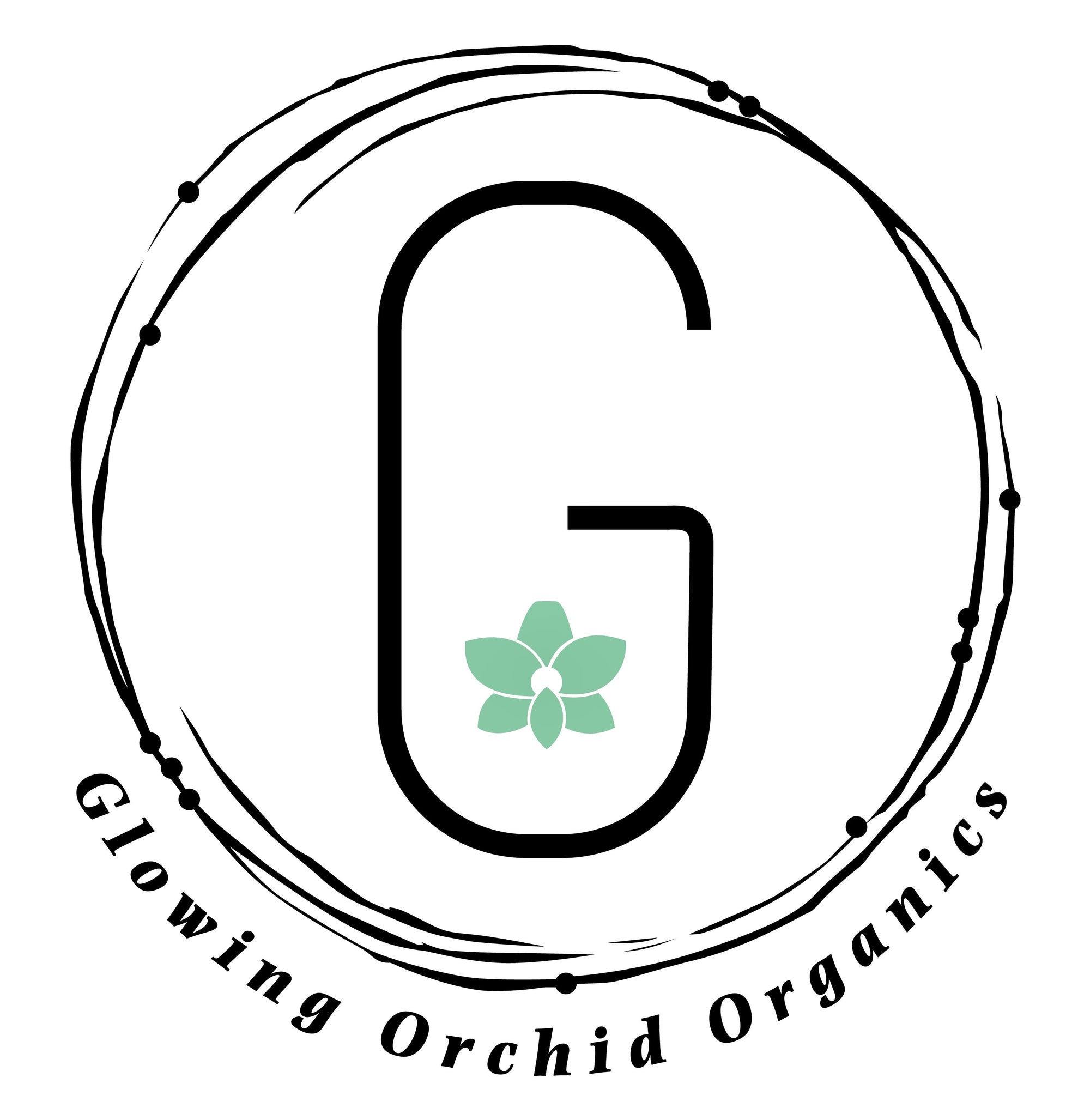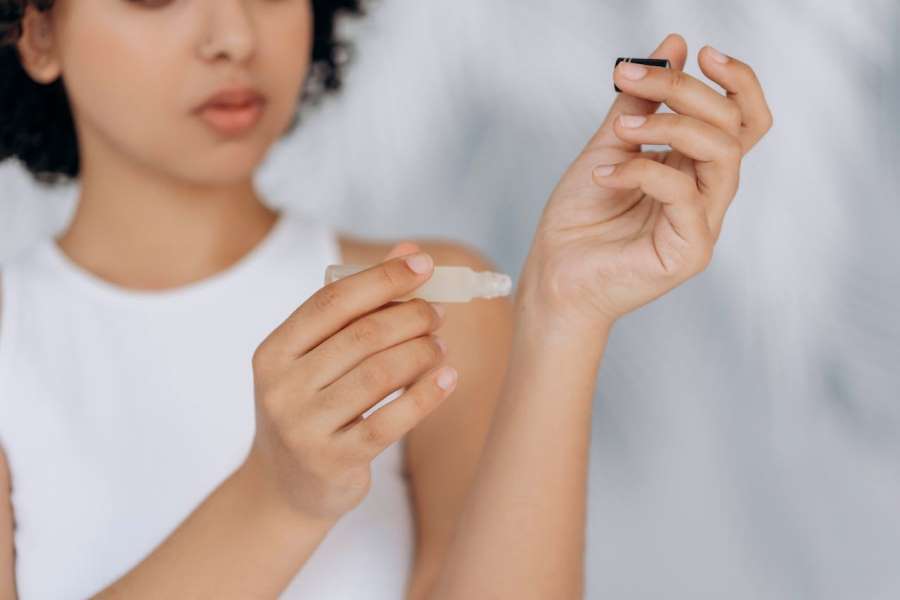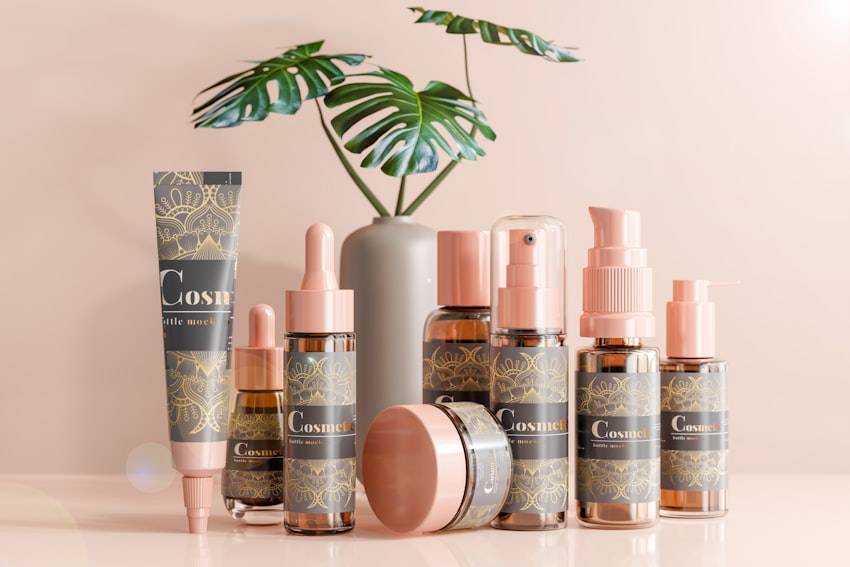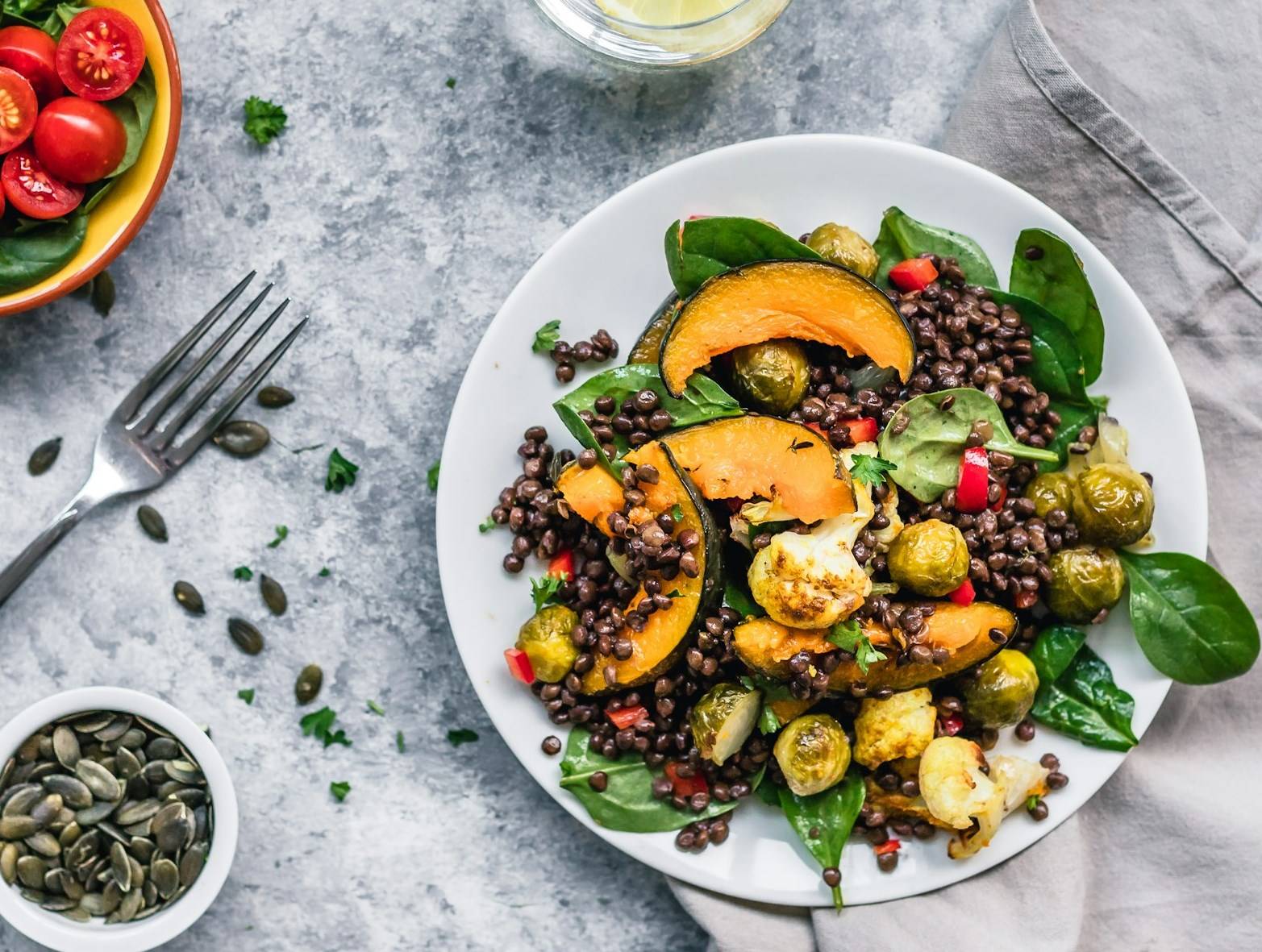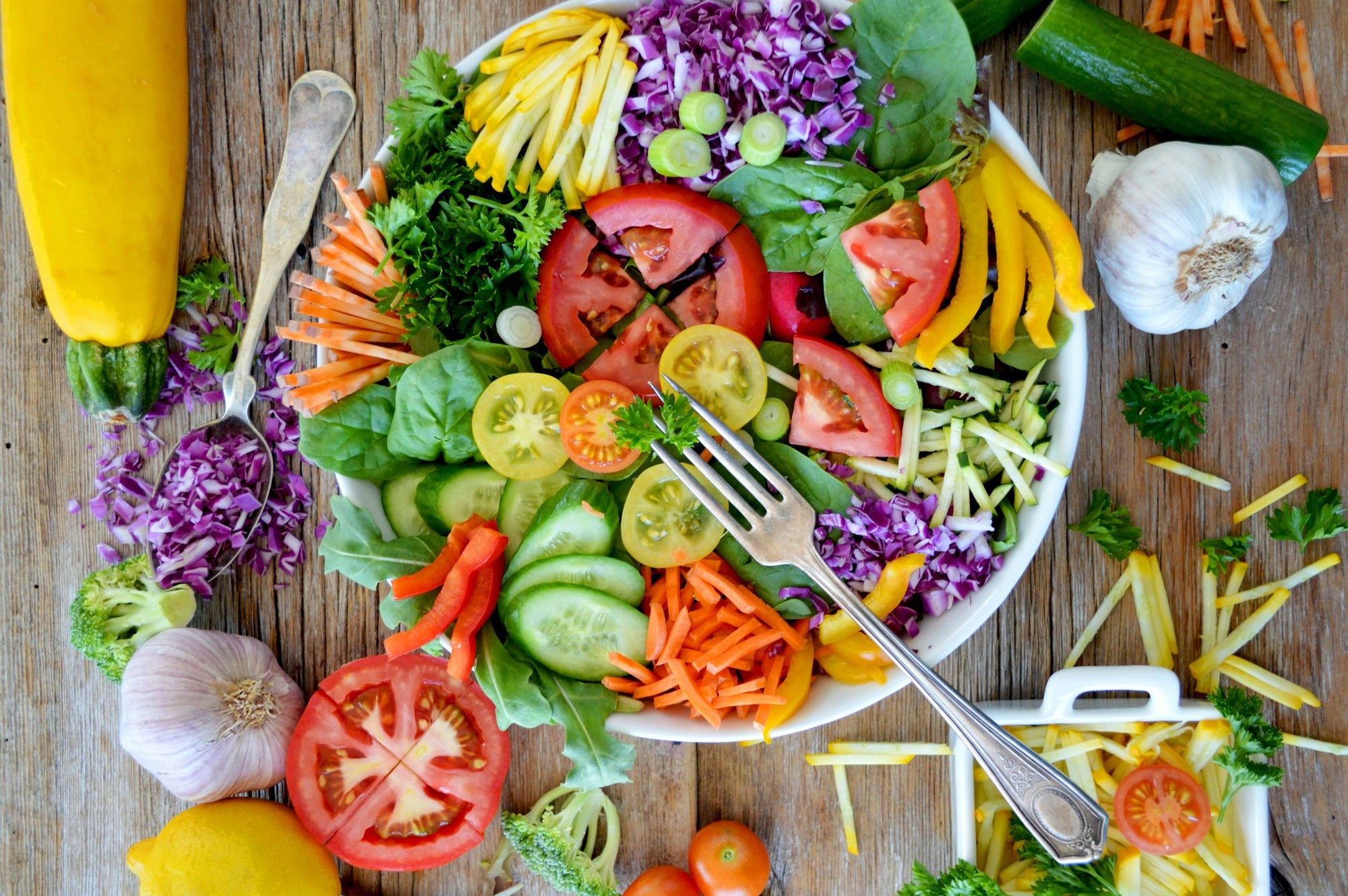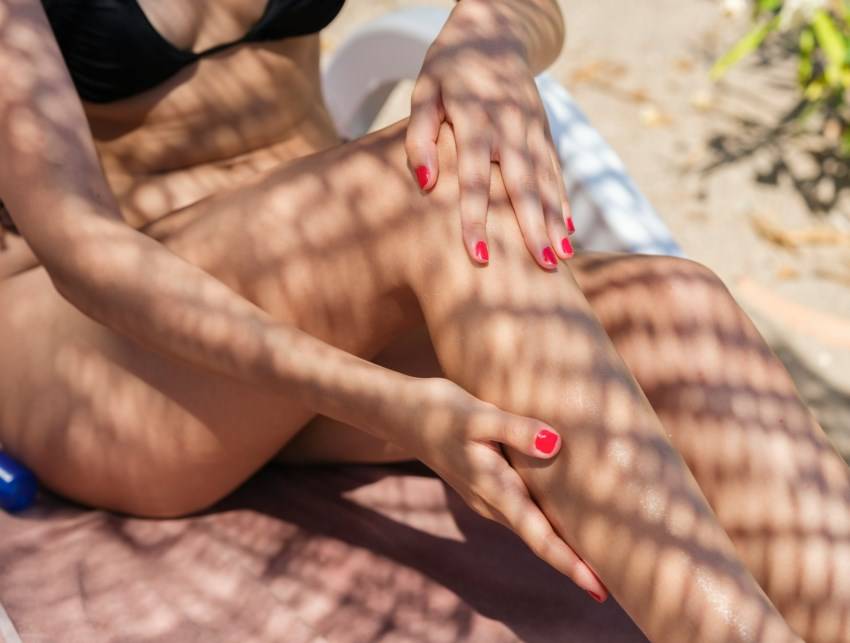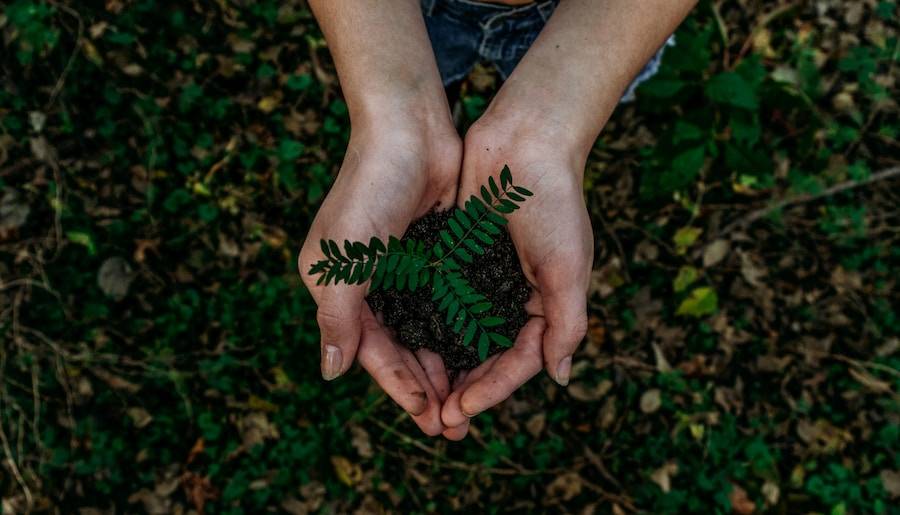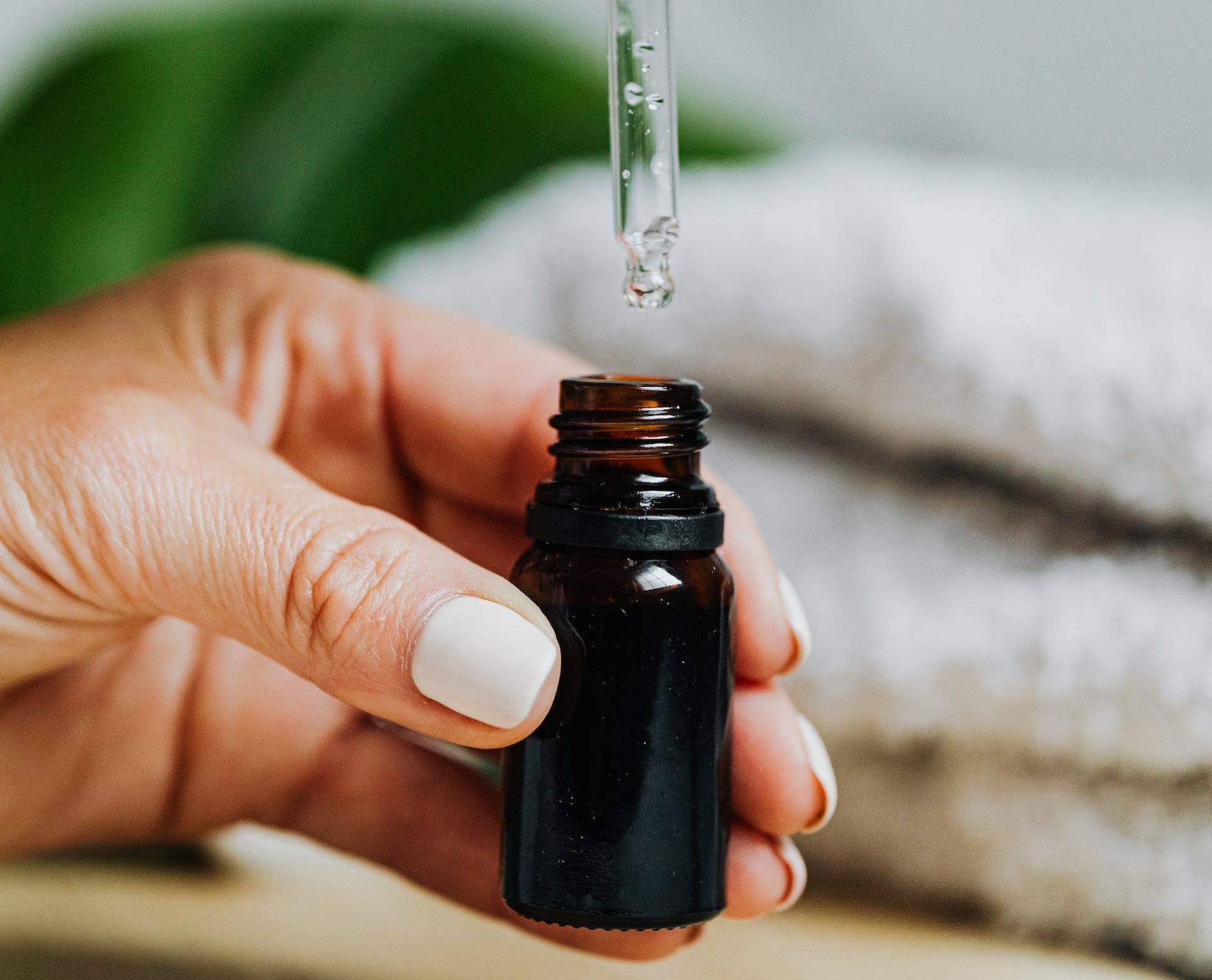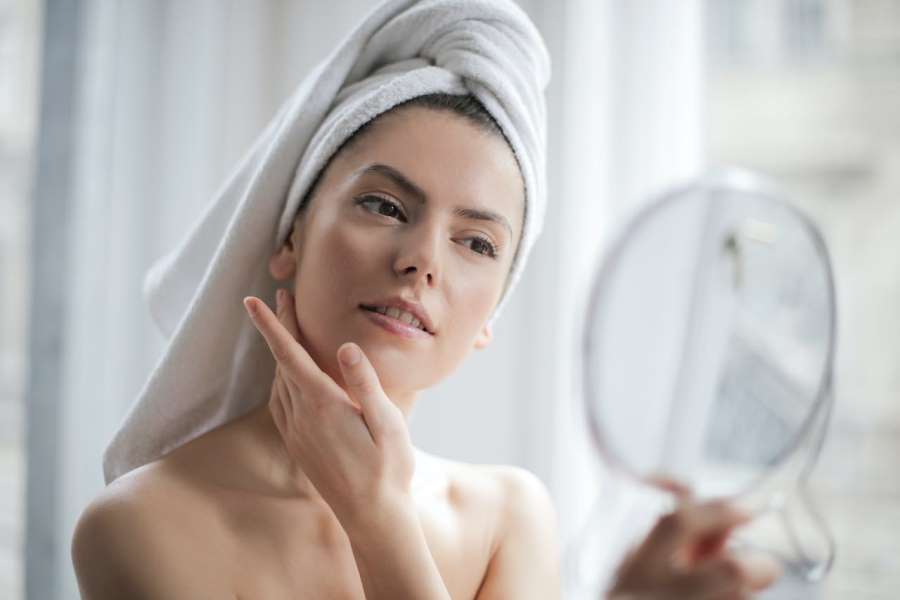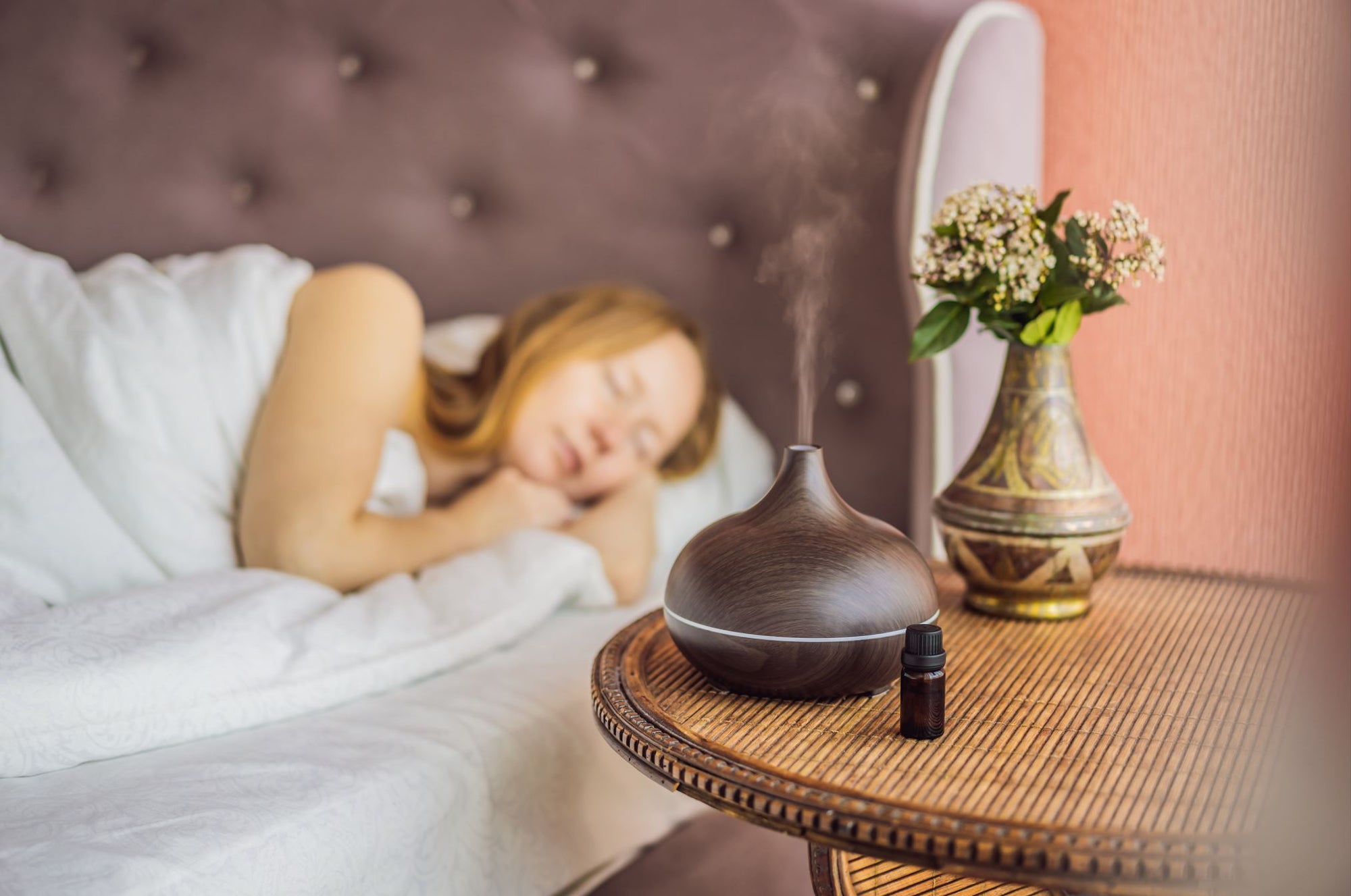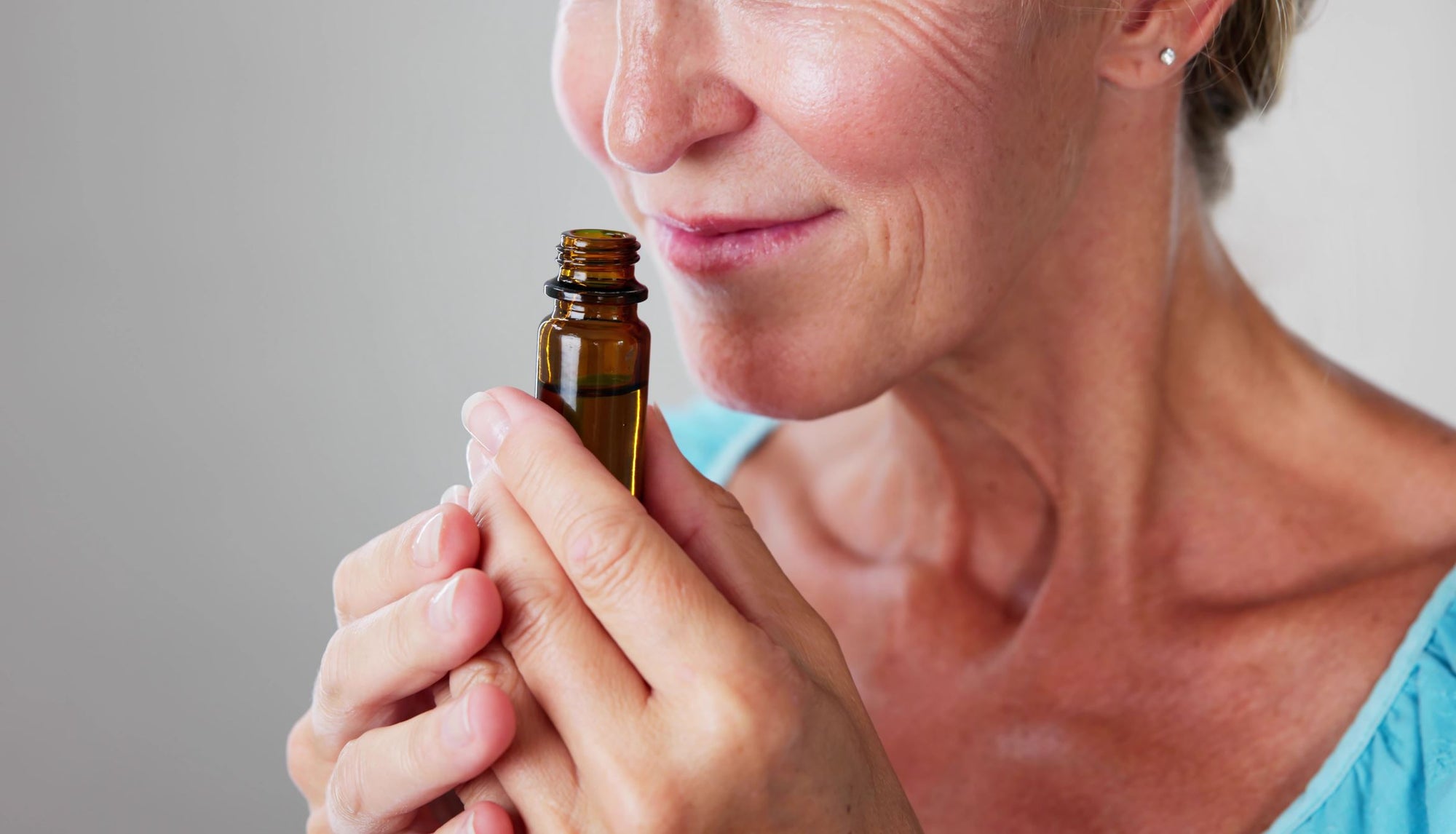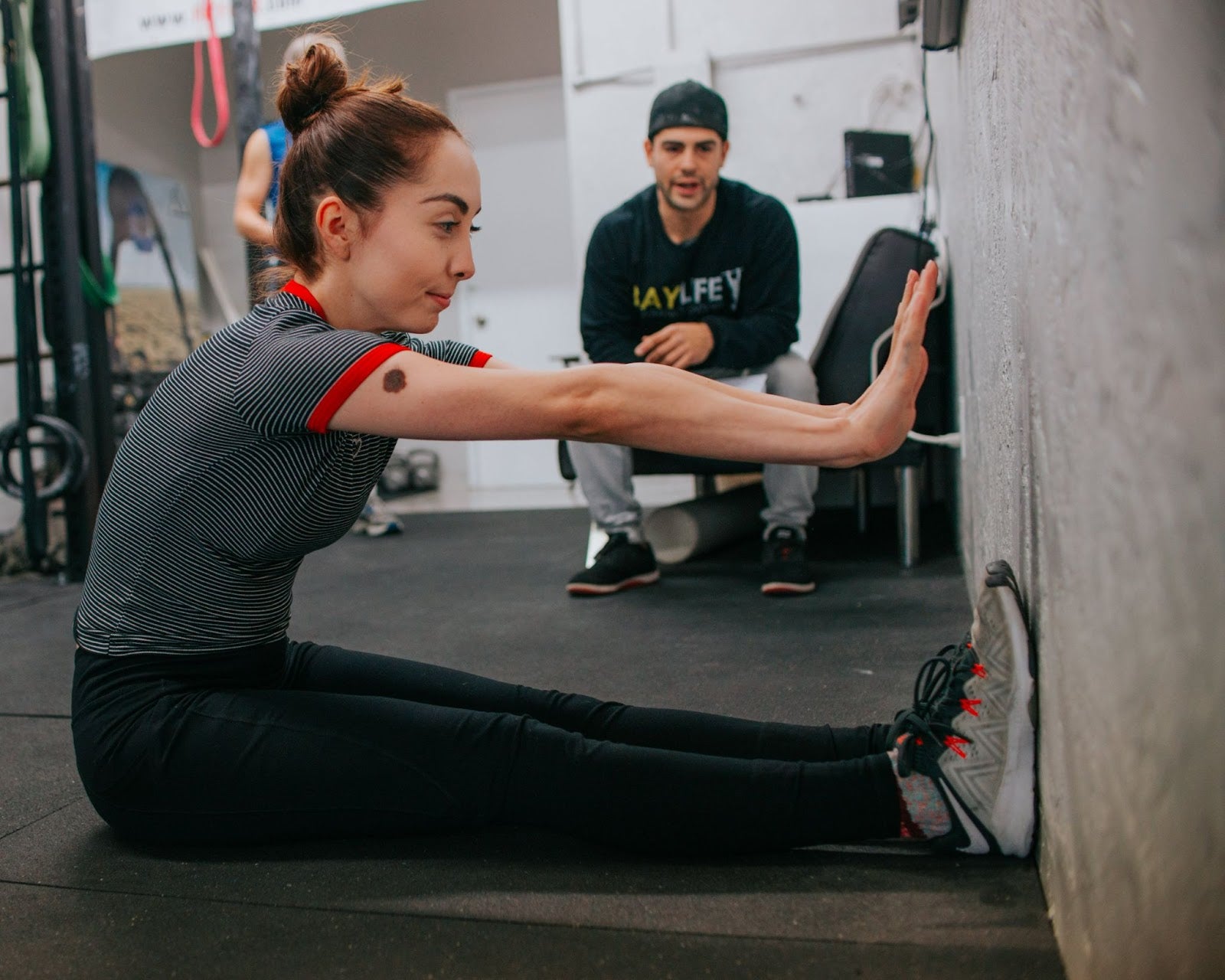New Year’s resolutions can be unrealistic and cliche. I myself have tried to make big promises to myself at the start of the year, only to lapse on those promises by February! 😂
What’s ironic, though, is that on the most random times outside of New Year’s, I have picked up certain habits and made personal improvements that stuck with me for good. I’ve learned that it’s possible to make profound changes, but you gotta start small. When you have a big goal, you can make it achievable through small, simple, concrete habits that add up to incremental improvements.
So, if your goal for 2024 is to have clear, glowing, beautiful skin, I’m right there with you! I’d like to share the easiest skincare habits that gradually improved my complexion. These are science-backed but also so simple and doable all year round. Try one or two as a New Year’s resolution – or as an “any-day resolution” – and get the ball rolling!
